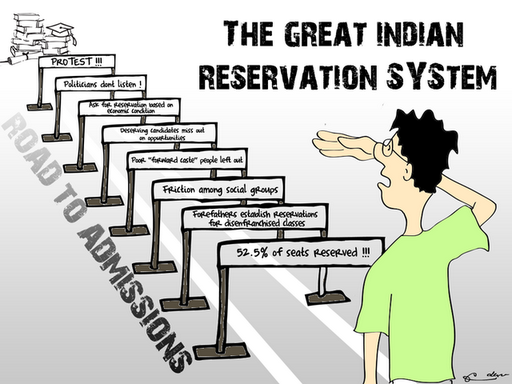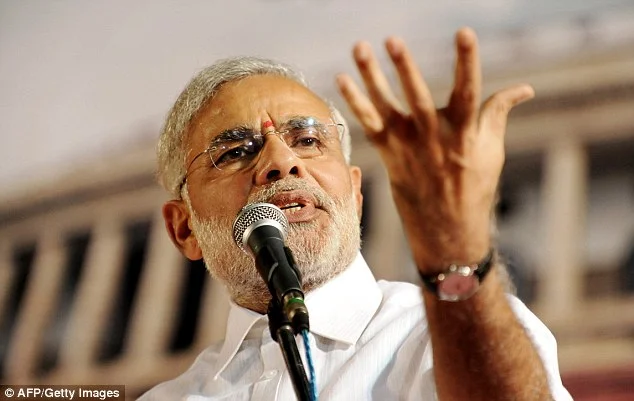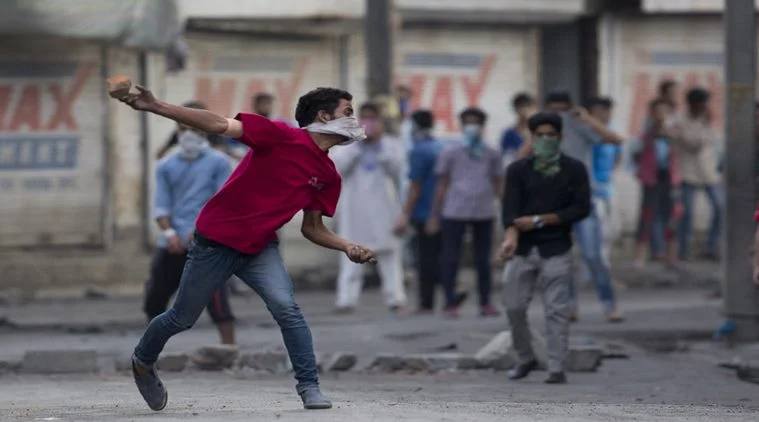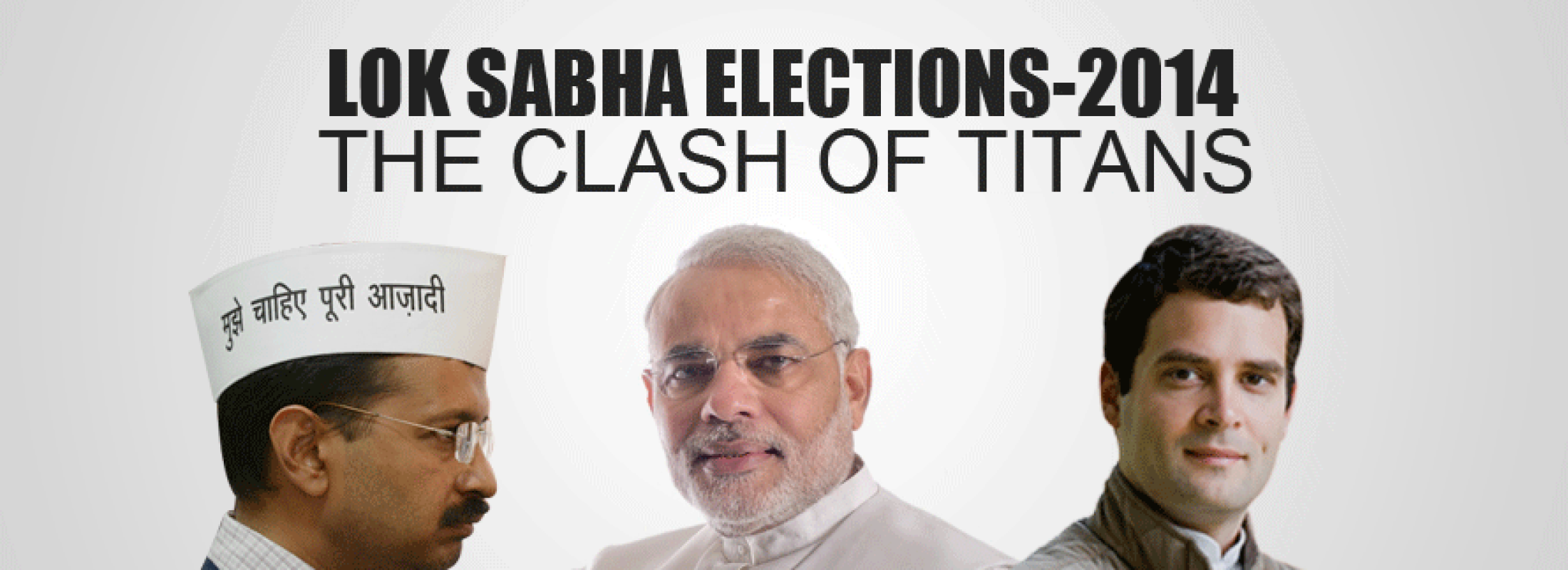India is a unique country where certain politically powerful citizens would rather be considered “backward” in order to avail affirmative action. The core of this is reservations, conceived to achieve a utopian social order which even after six deadlines of a decade each has proved elusive. Ironically, reservation is one of the few issues — the other prominent one being the criminalisation of politics — which generates absolute consensus among political parties. When the Supreme Court ruled that convicted persons cannot fight elections even if their sentences are under appeal, the political class sank all differences to rise to save the “supremacy” of Parliament —whatever that means. And therefore, amid burning issues like Pakistani incursions and communal violence in Kishtwar, the Supreme Court’s July 18 order, which struck down quotas for faculty posts in super-specialty sections in AIIMS and other medical colleges, hogged the attention of Parliament. showing utter contempt for the apex court, MPs of various parties exhorted the government to bring a Constitutional Amendment Bill to annul the SC ruling. Thankfully, the government has chosen a due process of seeking a review of the judgment. But as the SC order is rational — explicitly stating that highly skilled medical posts should go to only the meritorious irrespective of caste, religion or class they belong to — the apex court is unlikely to toe the government line.
Quota for the Building of the Nation
The stated objective of the reservation policy is “nation building” by enhancing opportunities to the underprivileged communities so that they get their rightful place in the mainstream. But most often, in our country, identities like caste and “the minority” define and give direction to the political discourse. Also, as the political class treats human capital as votes, the historically deprived section is stuck where it was 66 years ago.
Given the heterogeneity of the groups chosen, the fruits of affirmative action are usually stolen by undeserving candidates. Although some are able to climb the socioeconomic ladder, most lag behind. The problem lies in fluid definition of the deprived classes.
Which are the Politically correct backward classes?
Though there is no nationwide accepted definition of ‘backward class’, the term ‘socially and educationally backward classes’ has been used in the Constitution, without mentioning any particular religion. There are some inherent contradictions in selecting such groups by the Mandal Commission, which termed all those so-called low castes among Hindus as socially backward classes.
Here caste was synonymous with social backwardness. Ironically, when there is no historical evidence of castes among Muslims, Christians, etc, how did groups from these religions come to be termed socially backward? There are several interesting cases where norms were tweaked for political gains and interests. The Nitish Kumar Government made headlines in 2008 by including Muslim upper-caste Syed Mallicks (ashrafs) in the OBC list. At that time the JD(U) was in alliance with the BJP, and therefore it needed some exemplary action to appease the Muslim leadership. The Nitish move had clearly attacked the Justice Sachar Committee’s report which ruled that the ashrafs, as opposed to the pasmanda Muslims, are ‘without any social disabilities’ and do not require the reservation and the quota.
In another travesty of social justice, the UPA government announced to carve out 4 per cent quota from among OBC for Muslims just ahead of the Uttar Pradesh election in December 2011, keeping in mind that the minorities play a huge role in Uttar Pradesh. Of course, the Election Commission stayed the order citing infringement of the Model Code of Conduct. Later Justice Sachar himself criticised the UPA’s move, saying, “Such promises will not help the backward section of minorities. It is like befooling them. These people are making tall claims just to win elections”.
Has reservation helped?
Indeed, the reservation policy has helped a lot of people. But as per the Constitution of India, “representation”, the term used for affirmative action, is not given to anyone in his individual capacity, but as a representative of the underprivileged community. Ironically, the targeted groups are not homogenous. Therefore the actual fruits of reservation are grabbed by the well-to-do and those who have already availed it.
Over the past 66 years, we have seen examples of communities who are still forced to indulge in “impure” work. A large population of illiterate masses in the villages continue to suffer and are still outside the mainstream economically, socially and politically. Our reservation policy does not aim to benefit them, as either they fail numerically to constitute a substantial vote-bank, or they still believe in the hollow promises of their well-bred brethren for a bright future. And this highlights the failure of the modern reservation system, based on votebank politics.
Dr Ambedkar had said: “In every country the intellectual class is the most influential class. The masses are largely imitative and follow the intellectual class.” But the bitter truth is that the so-called intellectuals among these communities look at their own society with disdain and seldom try to directly involve themselves with the oppressed masses to help them join the mainstream. So what is the point of actually reserving anything for these castes then?
Even in his book, Annihilation of Castes, Ambedkar admits: “Our educated elite always fly away from the society.” Almost 57 years ago, during his last days, a heart-broken Ambedkar had confided in his secretary, Nanak Chand Rattu: “Whatever I have been able to achieve is being enjoyed by the educated few, who with their deceitful performances have proved to be the worthless lot, with no sympathy for their downtrodden brethren.” As the political class has nurtured and manipulated castes and ‘the minority’, the affirmative action has done the opposite — it solidified caste consciousness.
For the sake of mediocrity
A survey undertaken by National Sample Survey Organisation in 1999, before the second Mandal (93rd Amendment), found that 23.5 per cent of all university seats were already filled with the OBC, just 8.5 per cent less than OBC share of the population. So it is debatable whether the 93rd Constitutional Amendment was warranted.
Coming back to the recent case, the SC quashed reservation for the faculty posts in super-specialty sections of medical colleges, and triggered a volley of accusation of being anti-Dalit, anti-OBC, etc. There are many pitfalls in the debate on quotas, as any critical comment on affirmative action evokes hostile responses from the champions of reservations. Their prime bugbear is the concept of “merit”. Going through the SC order it doesn’t take much intelligence to understand what super-specialty means. In simplest term, a super-specialty in medical sciences may be a highly skilled life-saving job, like brain surgery or open heart surgery or mind-boggling R&D, and it requires utmost intelligence and precision.
It’s true that some members of reserved categories are more meritorious than the usual lot — just as it is with the so-called forwards (not all Brahmins are scientists), and can compete with general categories. But the vast majority needs affirmative action as support. But does a person who has availed the quota once and jumped to the creamy layer (the creamy layer according to the Indian Government is any person of a backward community who has annual income of more than Rs. 4,50,000) still need quotas? Where should quotas end? The support can’t continue to the end of eternity, because it carries three dangers — institutionalisation of mediocrity, the end of competitiveness and finally, the utter waste of national resources.
The way forward
Towards the second half of the 2000s, the demand for reservations in the private sector began to get articulated. This was inevitable since after the launch of economic liberalisation, government gradually exited from business and industry and more jobs opened in the private than public sector. The contention of the reservation brigade is that the private sector discriminates against them. The fact is quite the contrary: private companies value only merit because their main aim is profit, not correcting or reinforcing social order and helping in social welfare by sacrificing their own profit motives. Therefore, wholesale privatisation is one of the solutions from this flawed social engineering.
But this is not a foolproof solution as a political decision may change the situation anytime. In the game of vote-bank politics what matters most is the ability to change the political discourse. The underprivileged from the non-reserved categories need to show themselves as a reckoning force only then political masters would heed their concerns and amend the flawed model. The Mandal parties’ distain for the Indian judiciary is obvious as the judiciary has played a constructive role in safe-guarding social justice but at the same time it has curbed the vote-bank adventurism.
In Manusmriti — the law book of Brahmins which is responsible for the caste system — all the laws were based on caste and no merit was ever considered. The reservation policy in Independent India is doing the same, albeit in the name of social engineering.
It is high time we learn how to implement this system or just do away with it. Otherwise we may just lose the intellectual people in this stream of reservations.
Thank you for reading.
[polldaddy poll=7424265]









Leave A Comment